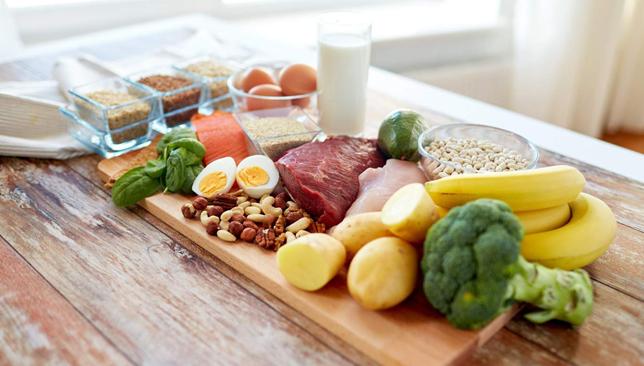
Our bodies have complex immune systems which protect us from harm and illness. Antioxidants have the ability to remove toxins from the body and assist the immune system in it’s daily function. In this article, you will learn what antioxidants are and how they work.
Antioxidants have long been a buzz word in the healthy eating world, but what do they actually do? You may have heard such information as they ‘’detoxify our bodies’’ or ‘’remove free radicals’’.
We take a closer look at what this means and the role antioxidants play in protecting us.
What Are Free Radicals?
A free radical is an atom or group of atoms that has an unpaired electron and is therefore unstable and highly reactive. To become stable, they capture electrons from other molecules. In doing so, they create other free radicals which are equally unstable. In the end, you have a chain of free radicals becoming stable by creating other free radicals.
Unfortunately, this process is dangerous. It damages cell membranes and alters DNA and can lead to issues like:
What Are Antioxidants?
As a response mechanism, to the production of free radicals the body produces antioxidants. These react with the free radicals rendering them harmless.

The only problem is that the body can't make enough antioxidants. The only way to balance this equation is to get antioxidants from your diet.
What Are Some Good Sources of Antioxidants?
The major antioxidants are vitamin C, vitamin E, and beta-carotene. The minor ones include lutein, lycopene, and selenium.
Consume More Antioxidants – Adopt a Balanced Diet
Eating antioxidant rich foods is a sure fire way of dealing with free radicals. But this doesn’t mean you must adopt a fruit and vegetable diet only.
For example, some of the antioxidants are fat-soluble. So to get to the cells, they first need to be absorbed in fat.
But if you do not get enough fat, this process is made more difficult. So even when your body is chock full of antioxidants, you may not make full use of them.
Here are some nutrients you should have in your diet and foods which contain them:
Oils – You must get your fats from healthy sources as well. Use unsaturated fats. Some examples are olive oil, coconut oil, rape seed oil.
Article provided by: Nutrition Souq